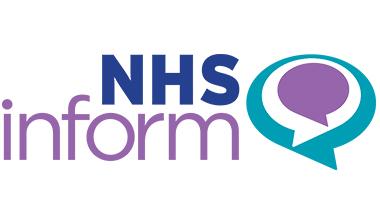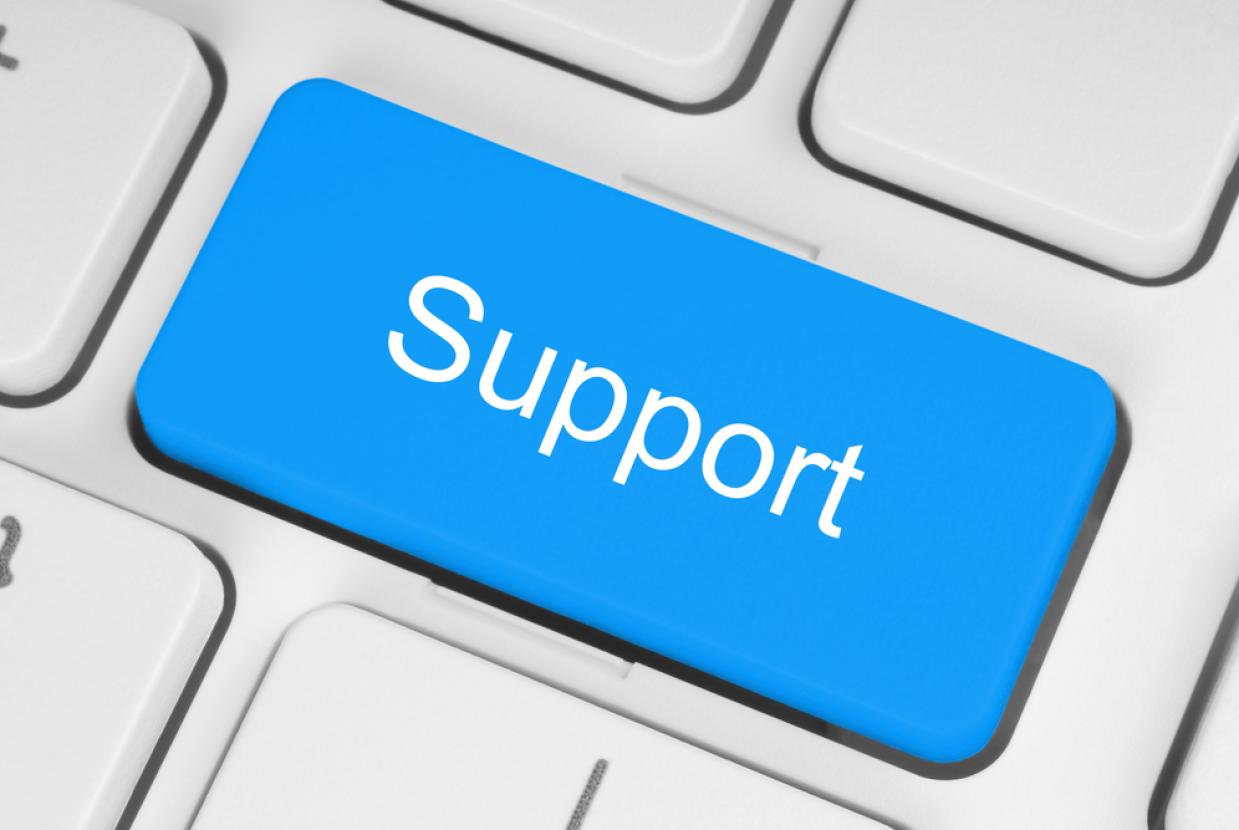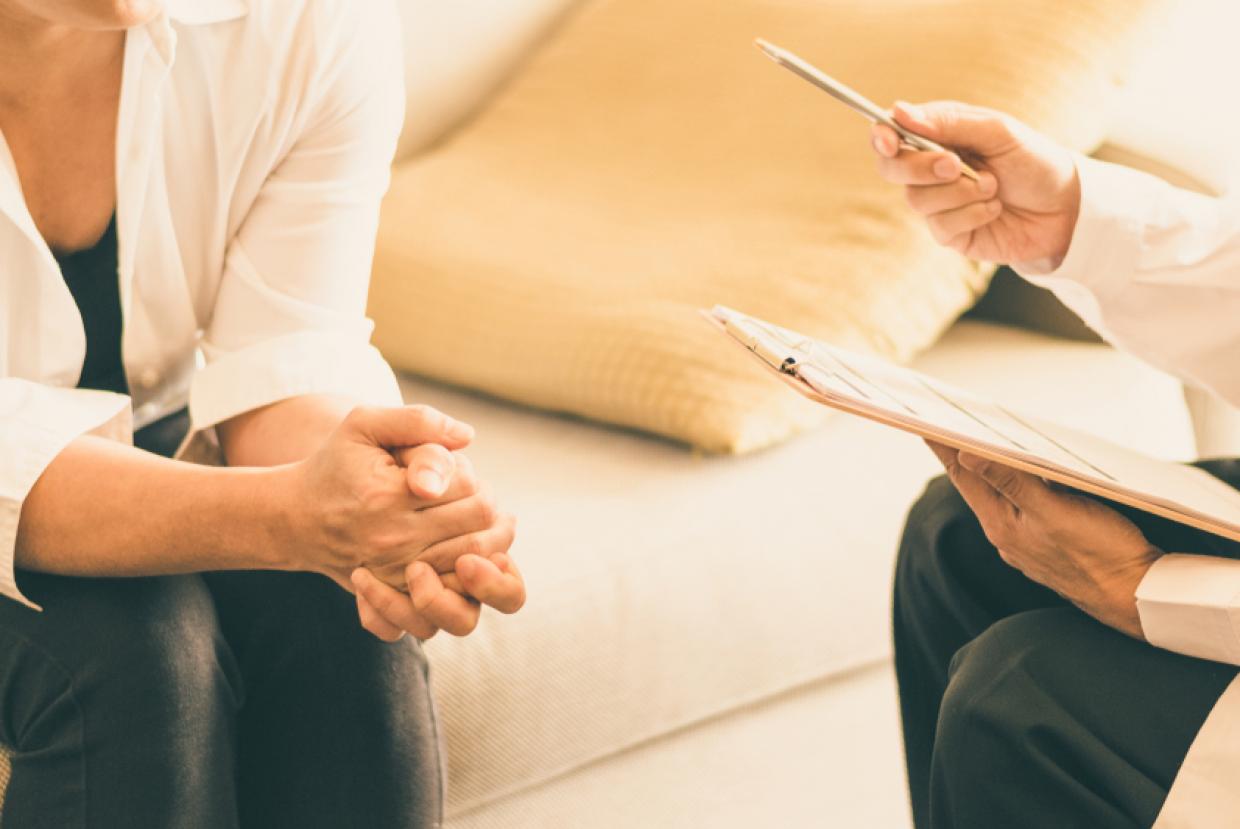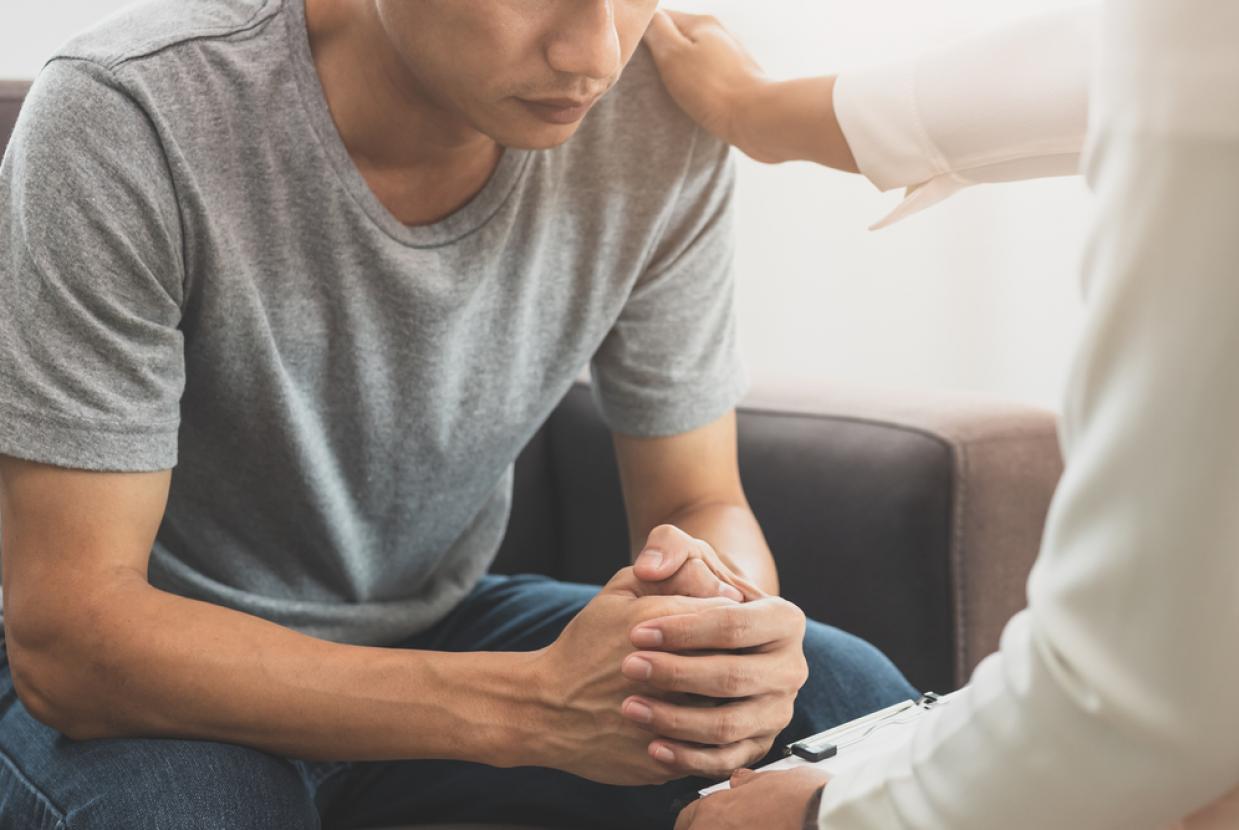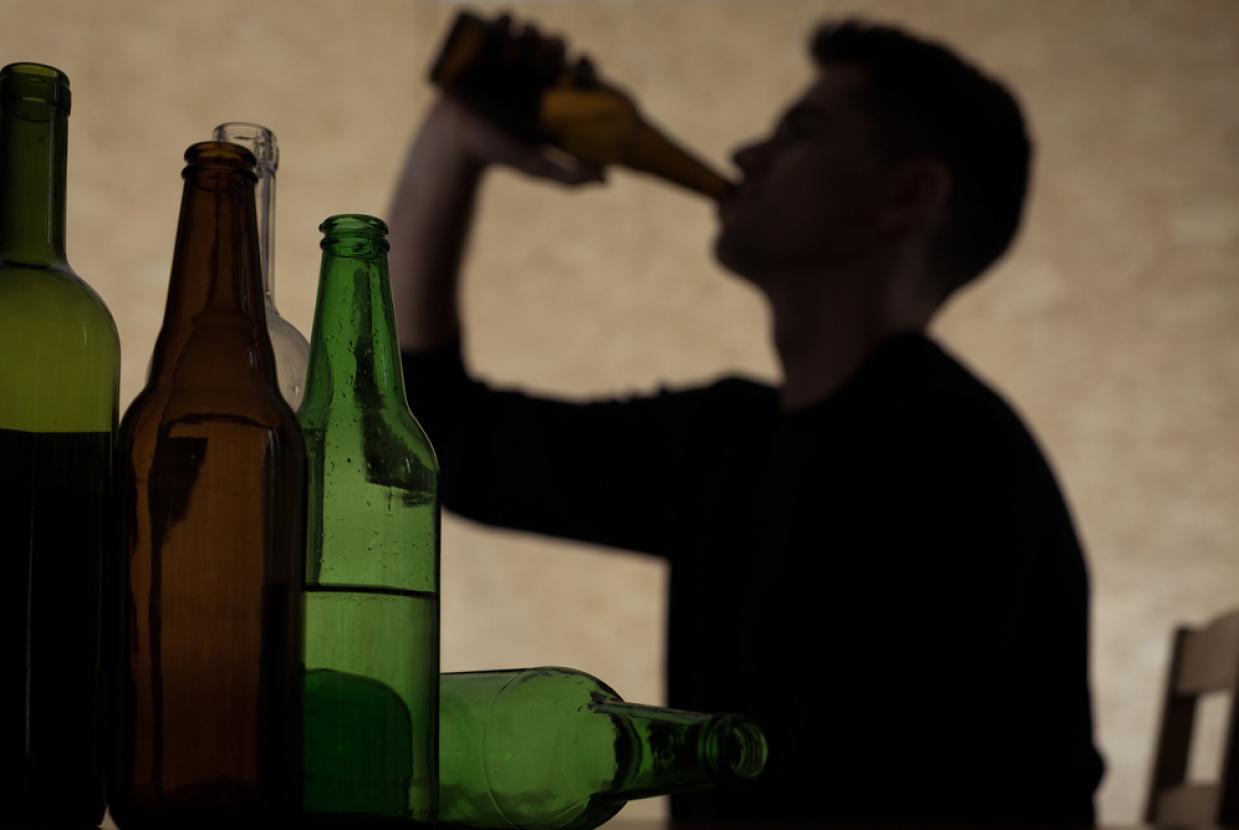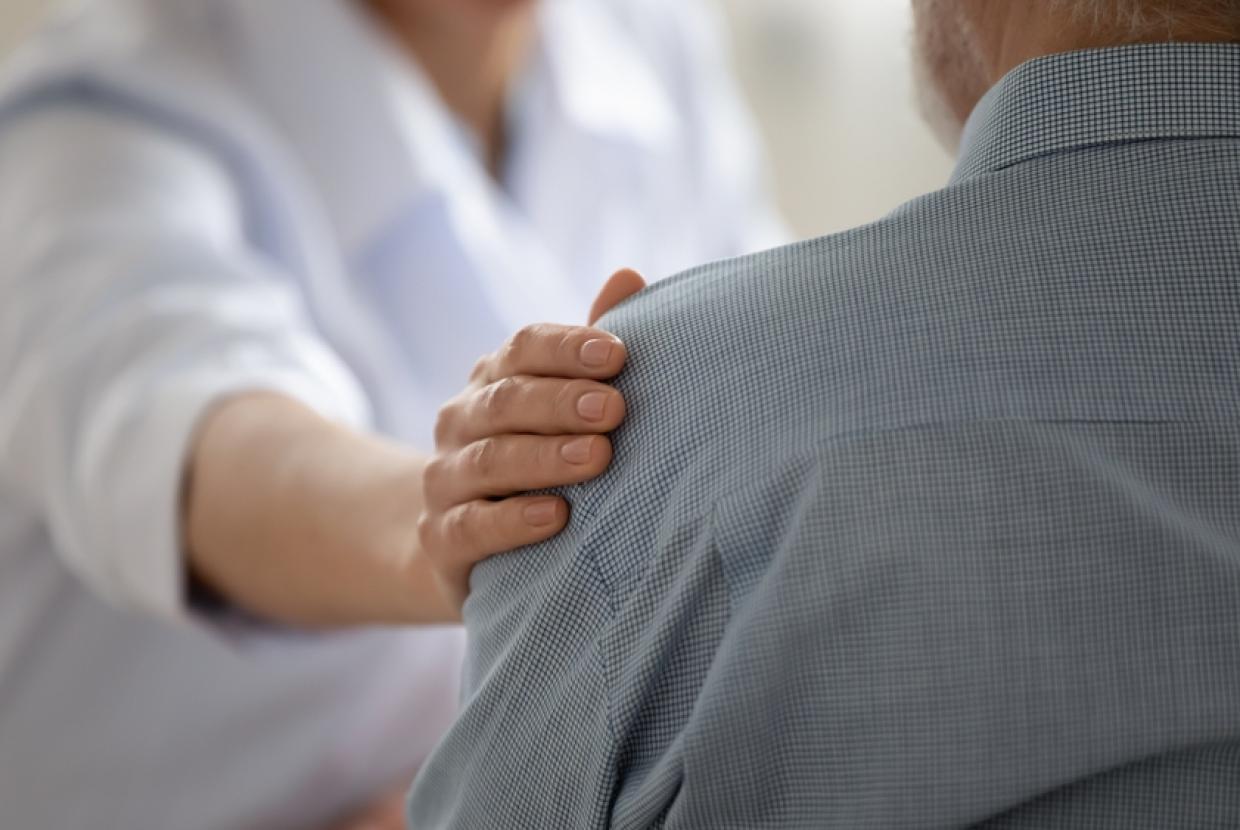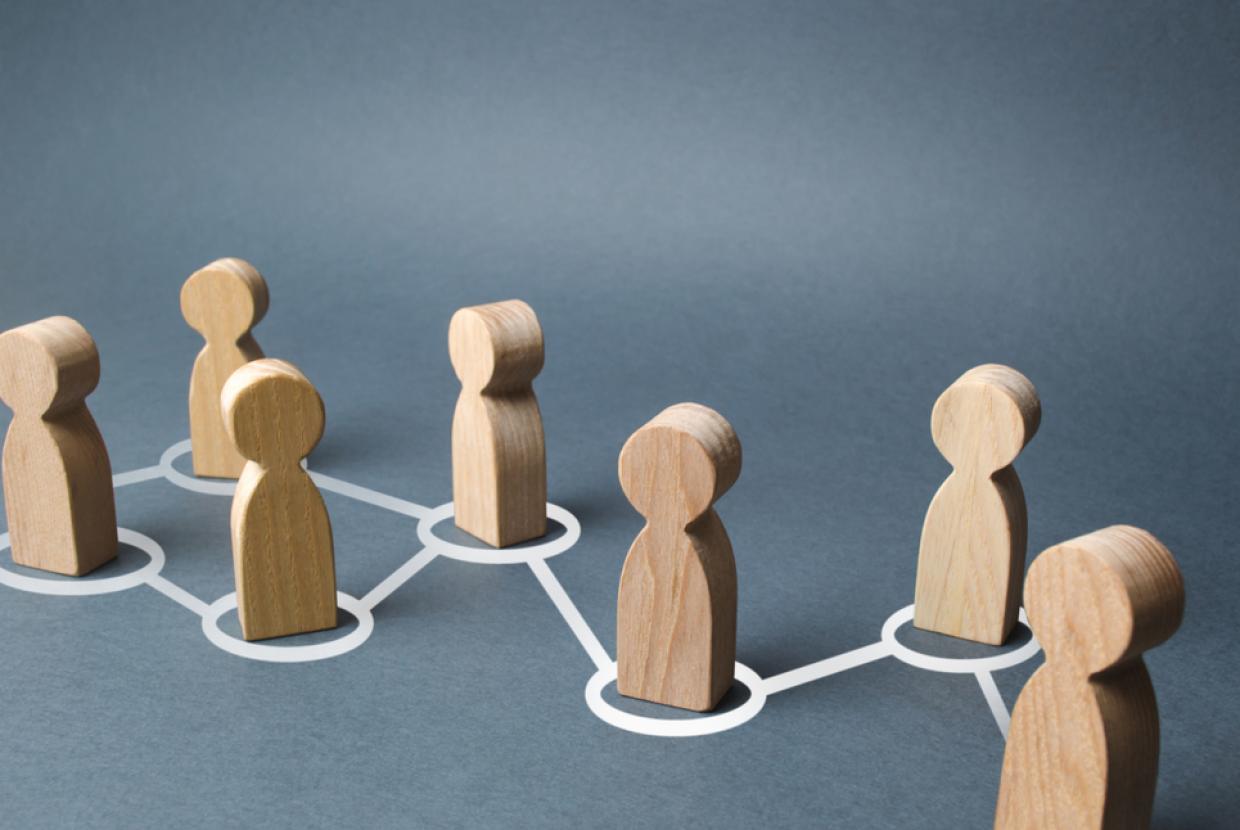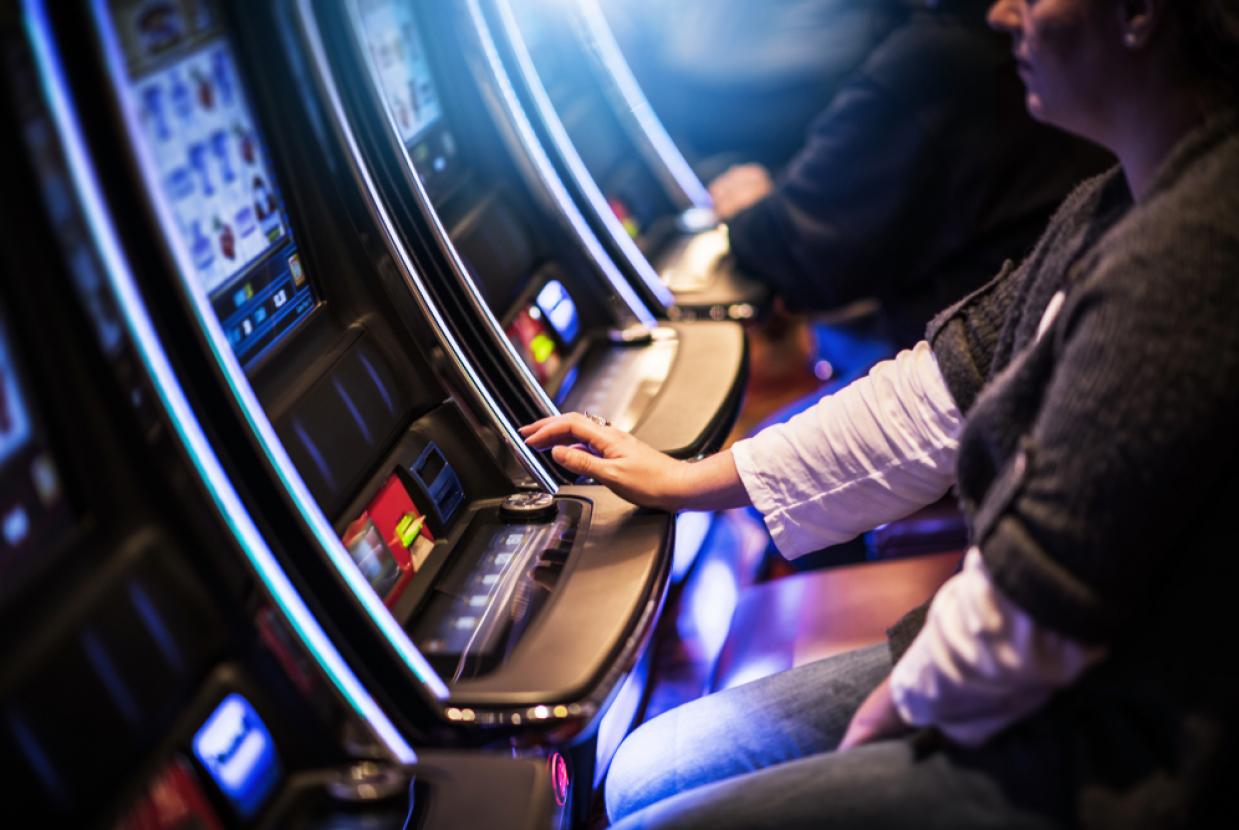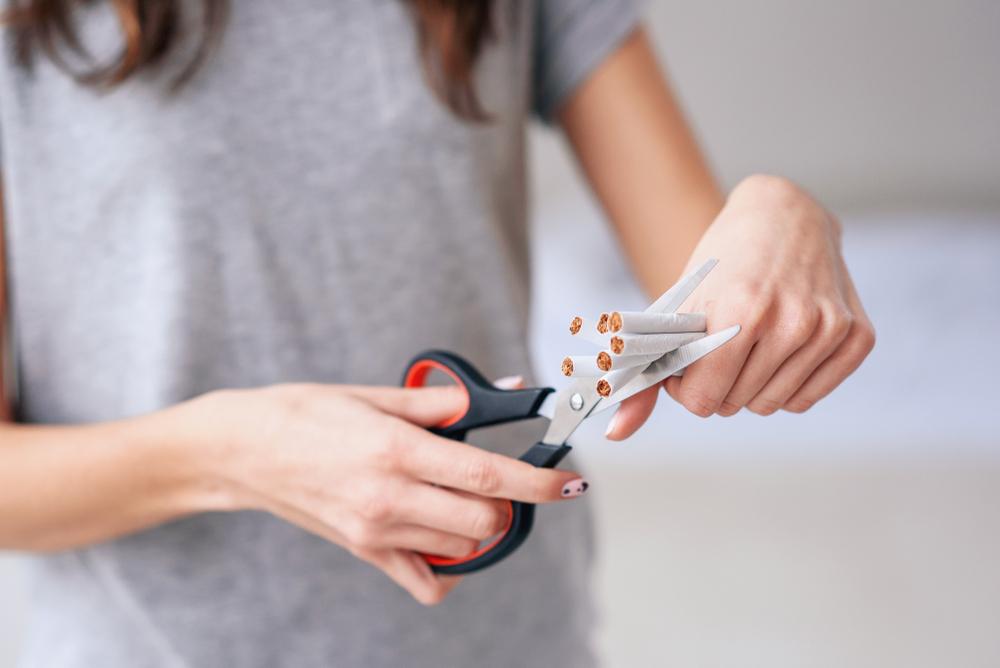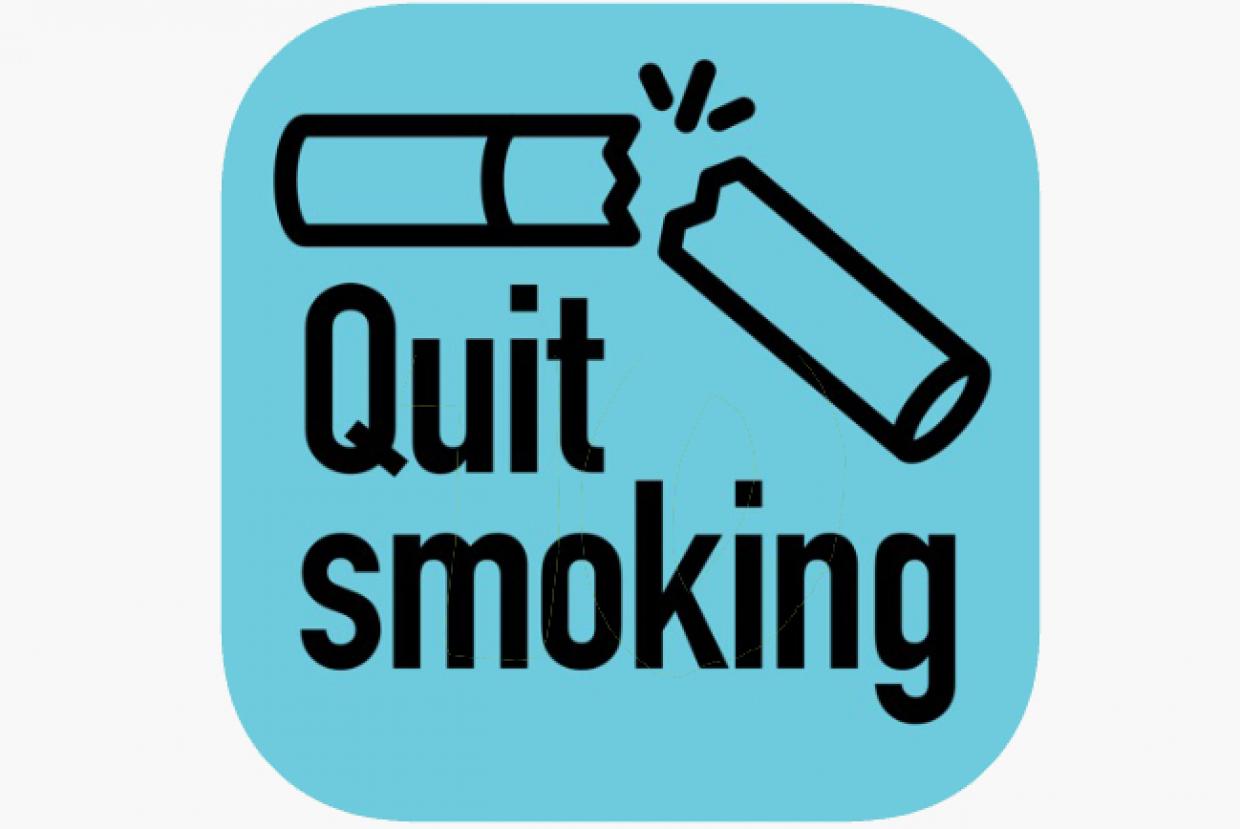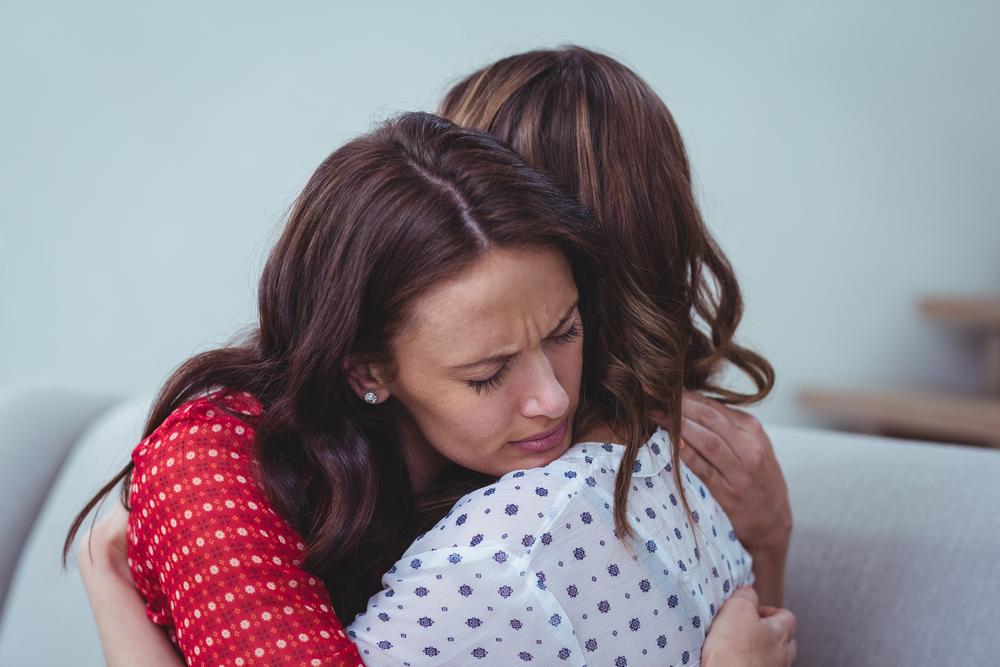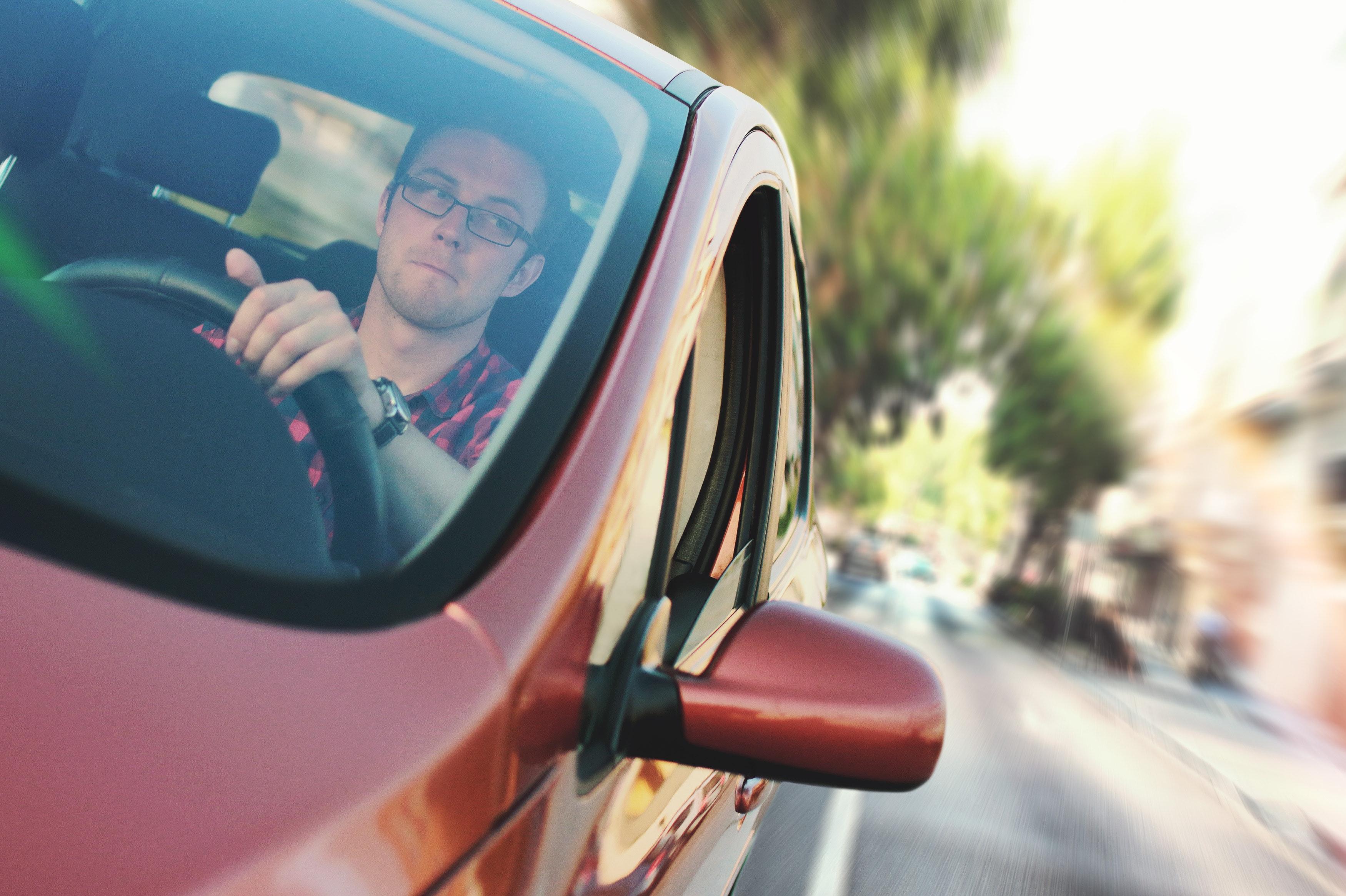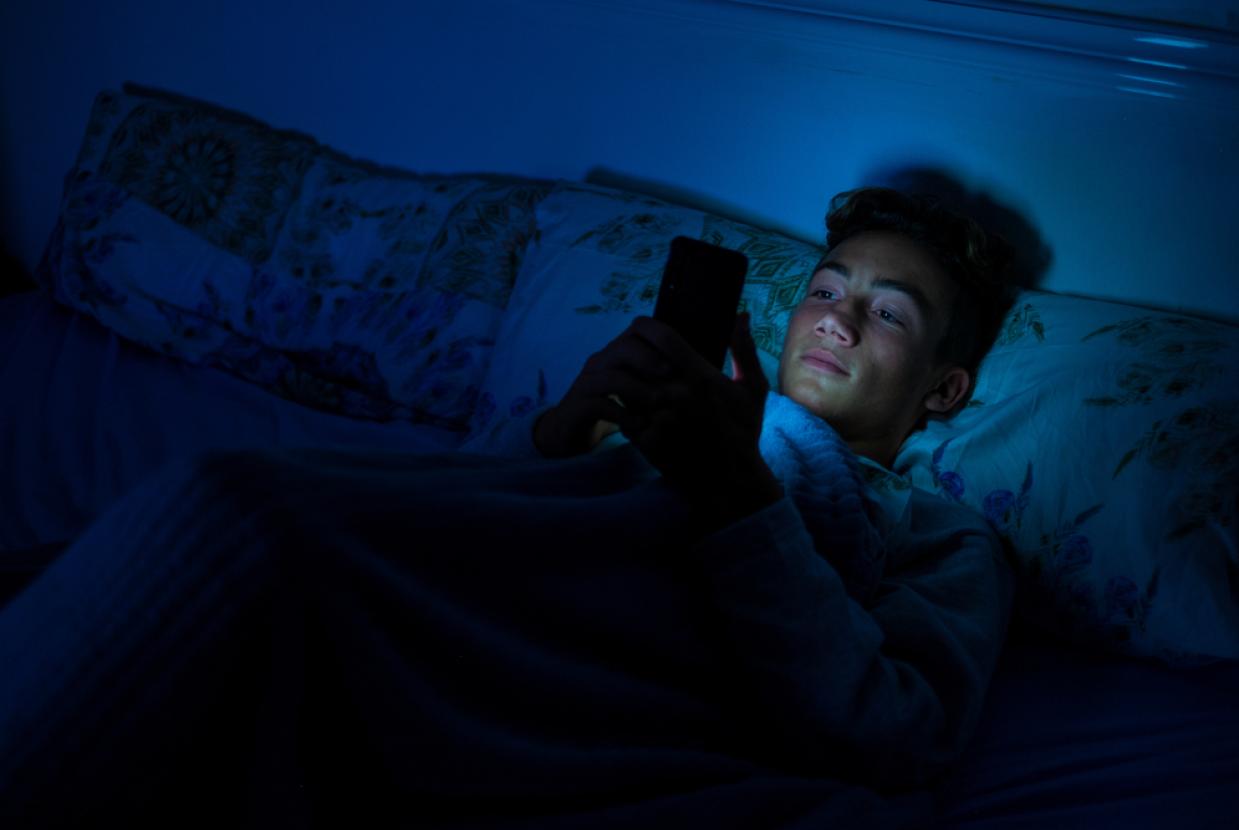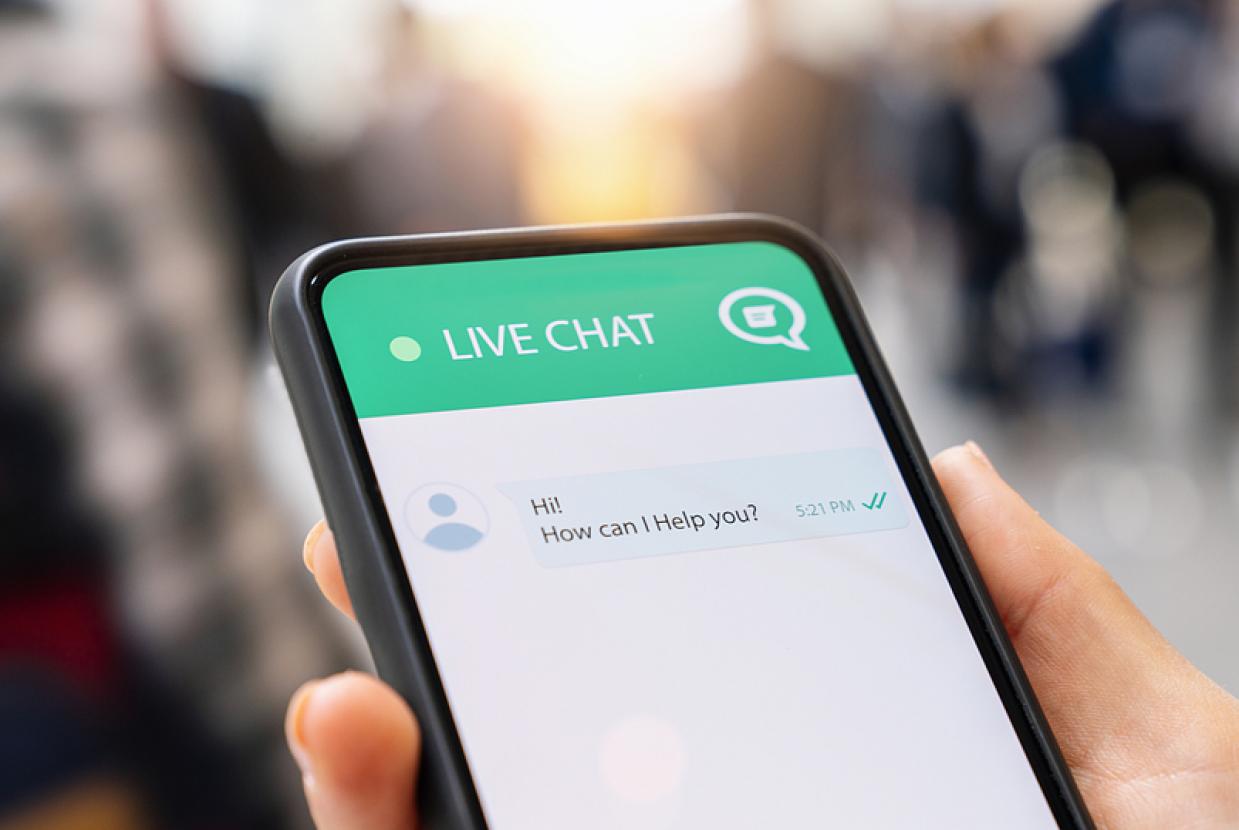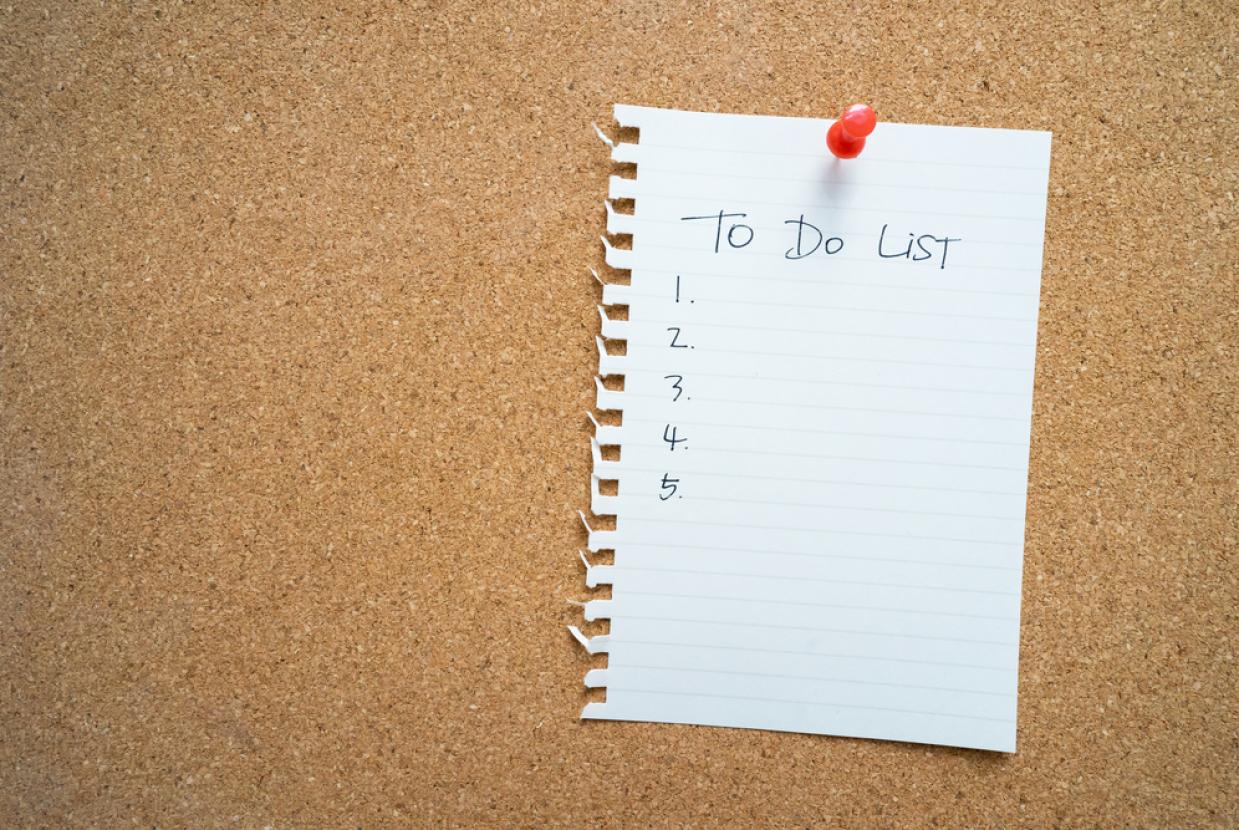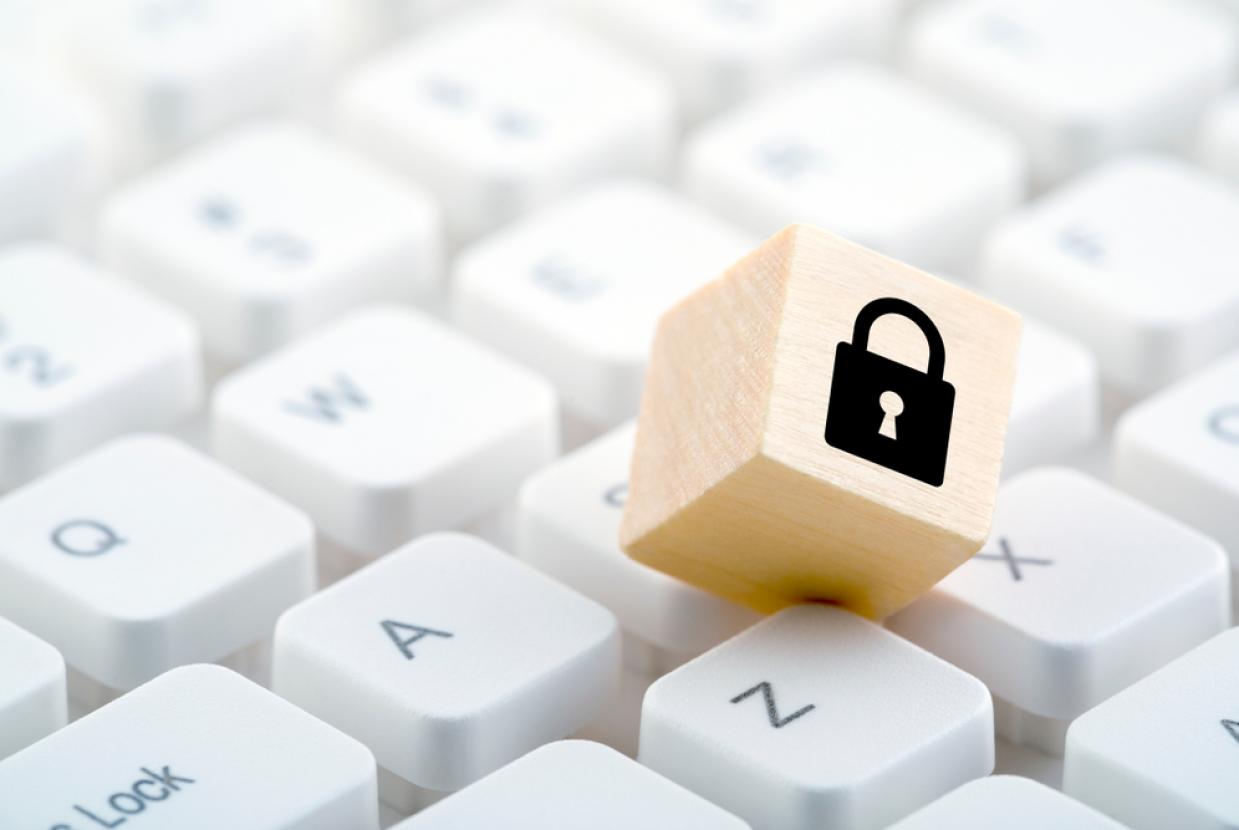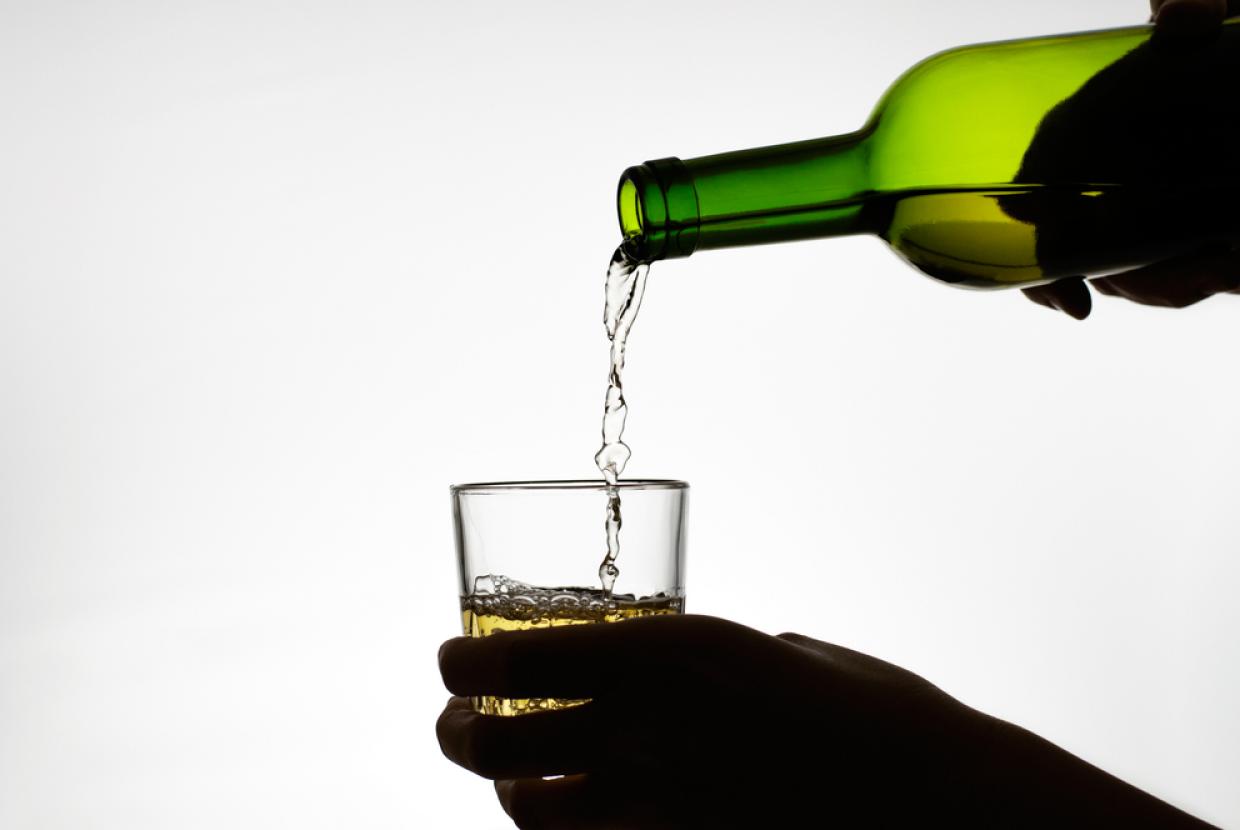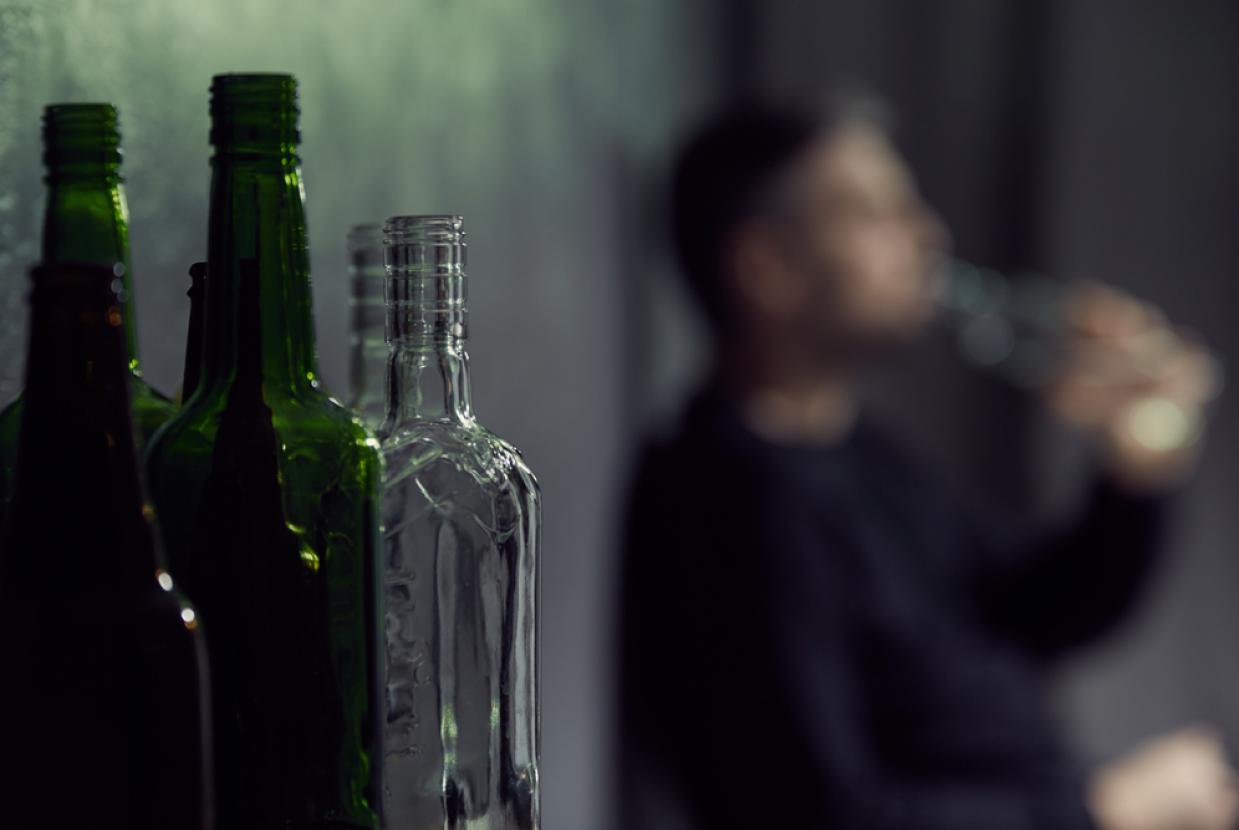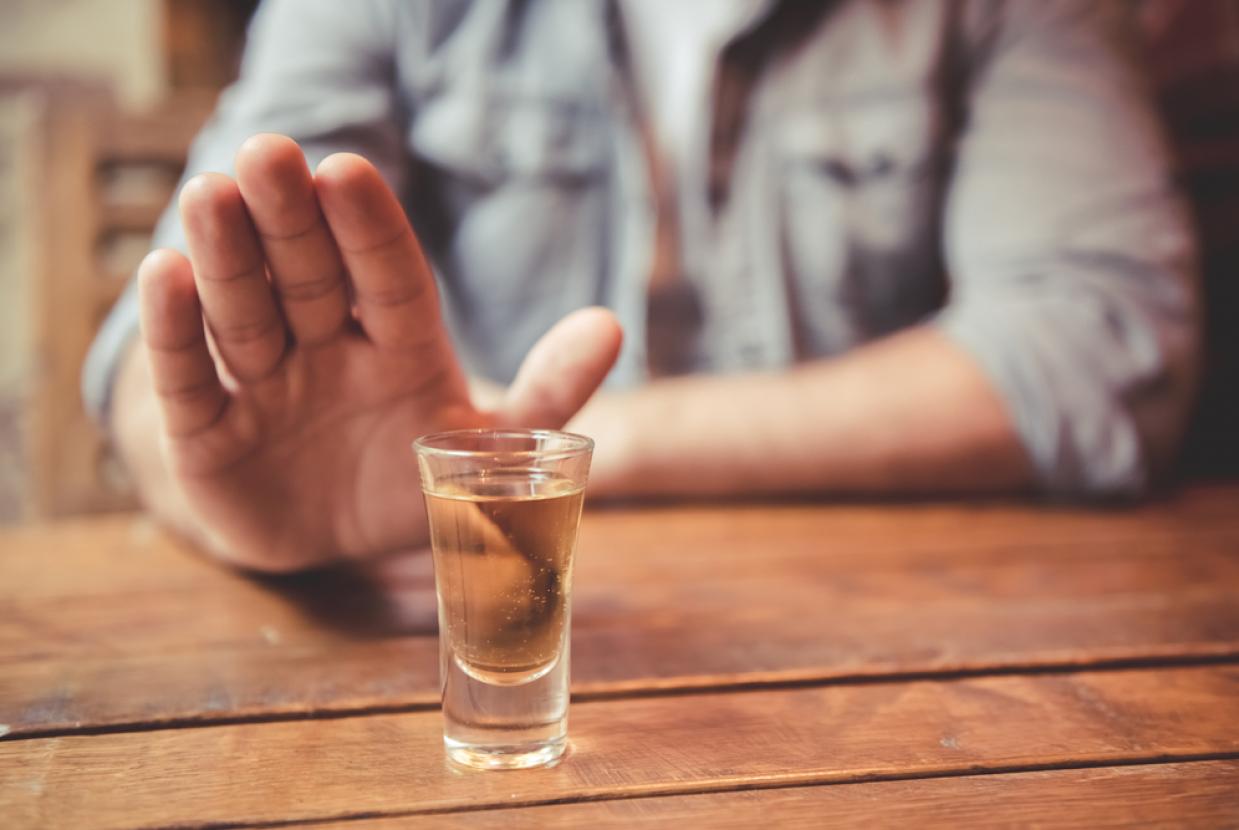Benzodiazepines
Benzodiazepines are a group of depressant drugs.
There are many drugs in this group and some, such as diazepam (Valium), are prescribed as medicines in the UK.
They’re generally prescribed for anxiety or occasionally sleeping problems.
Other benzodiazepines are not licensed or generally prescribed in the UK, such as alprazolam (Xanax) and etizolam, but are prescribed in other countries.
Street benzodiazepinesIn recent years, a number of benzodiazepine-type new psychoactive substances (NPS) have emerged. These are drugs that have been newly developed or developed years ago but have recently resurfaced.
In Scotland, many ‘street benzos’ contain an NPS benzodiazepine, like etizolam, rather than historically familiar drugs like diazepam.
‘Street benzos’ are sometimes sold to look like genuine medicines in branded counterfeit packaging, but they are most commonly found as pressed pills sold loose in bags.
‘Street benzos’ may be mis-sold as diazepam but they’re often referred to using generic, interchangeable terms like vallies, blues and benzos.
In the UK, most ‘street benzos’ are controlled by the Misuse of Drugs Act (1971) as Class C drugs.
Information about the content of ‘street benzos’ in Scotland is available at the Welsh Emerging Drug Identification Service (WEDINOS). WEDINOS is an online drug checking service that people can use to find out more information about drugs.
The charity Crew has further information on ‘street benzos’.
Risks of benzodiazepine useMixing benzodiazepines with other drugs increases the risk of harm.
Mixing benzodiazepines with alcohol and other depressants like heroin increases their effects and can increase toxicity.
They slow down the central nervous system, increasing the risk of overdose.
Longer term effects can include:
- memory loss
- insomnia
- anxiety
- depression
Tolerance to benzodiazepines can develop quickly with frequent use.
If a person takes a benzodiazepine regularly, they’ll get the full effect of the drug for the first few weeks. As their body becomes used to benzodiazepines the effect diminishes.
There’s a risk of both psychological and physical dependence with repeated use.
If people stop taking benzodiazepines suddenly they can experience withdrawal effects which could be life-threatening.
How to stopIt’s important to seek medical advice either through your GP or local community alcohol or drug service if you’ve been using benzodiazepines over a long period and want to stop.
If someone is using benzodiazepines regularly for more than 4 weeks and wants to stop, they should seek help to do this as stopping suddenly could be fatal.
If you have been using benzodiazepines for a shorter period, reduce your use gradually over a few days. This can greatly reduce any unpleasant withdrawal effects.
Further advice on benzodiazepine withdrawal is available from With You.
Other side effectsIn high doses, benzodiazepines can cause:
- drowsiness
- loss of memory
- problems with movement and balance
- slowed speech
- disturbances of consciousness
If you decide to use benzodiazepines, start low and go slow.
Tablet strengths vary widely and some take a while to have an effect. Try a small test amount, such as half a tablet, and wait at least 2 hours before taking any more.
Avoid mixing benzodiazepines with any other drugs including over-the-counter and prescribed medicines.
Extensively research the interaction and effects of your medication prior to drug use.
Mixing benzodiazepines with other depressant (downer) drugs like alcohol, gabapentin and opioids (such as heroin, buprenorphine, and methadone) can pose serious health risks.
All of these drugs can depress breathing, resulting in an increased risk of overdose or death if mixed.
Staying safeControl how much you take in one session and don’t take all the tablets you have at once. Put some away in a safe place if you have a large amount.
If going to sleep, ensure you sleep on your side to avoid choking.
Tolerance and dependency can develop quickly and if you have recently started using, try not to use every day and take breaks in between.
Avoid taking other drugs or more benzodiazepines to deal with withdrawal symptoms.
Phone 999 or go to A&E if:You or someone else has taken benzodiazepines and has symptoms like:
- blue lips
- loss of consciousness
- noisy, rasping or slow breathing
- fitting or seizures
- extreme mental confusion
- hallucinations
Naloxone is a life-saving medicine that temporarily reverses the effects of an opioid overdose. Naloxone should be given to anyone who is non-responsive and displaying the signs of an overdose.
Naloxone will not reverse a benzodiazepine-only overdose but it will do no harm if you administer it when it’s not needed.
Home delivery of naloxone can be accessed through Scottish Families Affected by Alcohol and Drugs.
SupportIf you would like help or support related to drug use please visit support for people affected by drugs.



